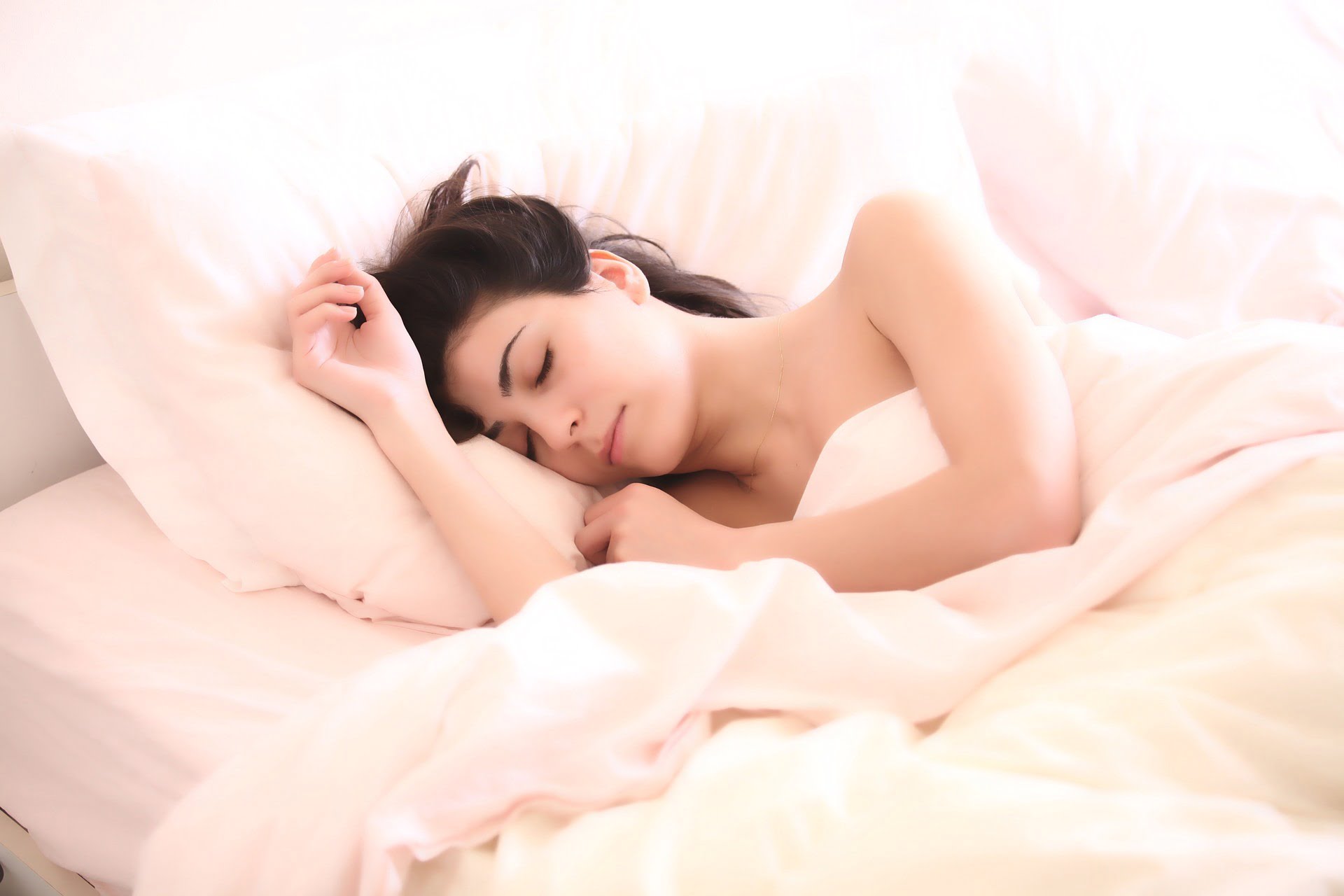- Experts from the bed and sleep sector have published their predictions for the future of beds
- The predictions have been made to coincide with National Bed Month, in March, which seeks to raise awareness of how the right bed can support a good night’s sleep
- The National Bed Federation is the recognised trade association representing UK and Irish manufacturers of beds and their suppliers
Waking to the shrill tones of your phone or alarm clock speaker could soon be a thing of the past, while back problems caused by an awkward night’s sleep could soon also be eliminated.
That’s according to predictions made by leading bed and sleep experts ahead of March’s National Bed Month, which encourages Brits to think about their own sleeping habitats, and aims to raise awareness of the importance of buying the right bed.
The common bed has already evolved beyond all recognition from the humble threads upon which we snoozed in generations past, with modern incarnations featuring breathable, eco-friendly and more comfortable materials.
The modern mattress offers different varieties of firmness to suit almost every body type, which is no surprise given that we spend an average of one-third of our lives asleep.
With the average mattress being subjected to more than 20,000 hours of wear and tear over a seven-year lifespan1, and recent survey data showing that 24% of Brits suffer 12 or more bad nights’ sleep a month2, choosing the right one has never been more important
Rising standards led by the National Bed Federation, alongside leaps forward in manufacturing technology means there are more reputable brands in the marketplace than ever – but what does the future of the bed look like?
Simon Williams of The National Bed Federation said: “In the not-too-distant future, even the run-of-the-mill bed will be capable of self-adjusting its firmness automatically, depending on who is occupying it at any given time.
“Some of the current, sophisticated mattresses are capable of adjusting support to keep the user’s spine in perfect alignment, recognising the user’s sleeping position, their weight and pressure points. It’s fantastic to reflect on the progress made in recent years.
“We think the bed of the future will double-down on comfort, and have the ability to automatically adjust the temperature, the lighting and even the sounds around you to promote the most relaxing sleep possible.
“The standard bed of the future could automatically wake you through a system of gentle vibrating or rocking motion with the gradual introduction of light, simulating sunrise. It will have customisable comfort zones with individual heat and air conditioning on both sides – much like a modern car.
“It could be self-cleaning, self-airing and bacteria resistant. And maybe self-rotating or self-turning!”
Williams also believes beds in the future will be designed to help Brits make the most of limited space.
“With living space at a premium, it could be designed to float up to the ceiling when not in use, making the room multi-functional.
“And with the ongoing development of virtual reality, who’s to say you won’t be able to choose your sleeping environment to suit your moods?
“We could soon be able to choose to sleep under the stars, beside the ocean, deep in the forest or the Sahara desert – with not just the visual elements but the sounds, and even the smells!
“Perhaps most important, the technology must help us sleep better. Otherwise, there’s really no point!”
Lisa Artis of The Sleep Charity added: “It’s exciting to think about the future of beds, and the benefits and innovations they might deliver for a sleepy nation, but we need to remember just that – a bed is for sleep.
“We’ve seen a rise in recent years of beds doubling up as entertainment hubs, featuring TVs, speakers and Bluetooth connection, but bedrooms and beds should be calm sanctuaries – not somewhere to go for entertainment.
“Technology incorporated into future beds should be used towards achieving optimum comfort, and definitely not add new screens and booming speakers.”
Data
1 – OnePoll Survey of 2,000 UK residents conducted by The Sleep Charity and Furniture Village (September 2021)






0 Comments